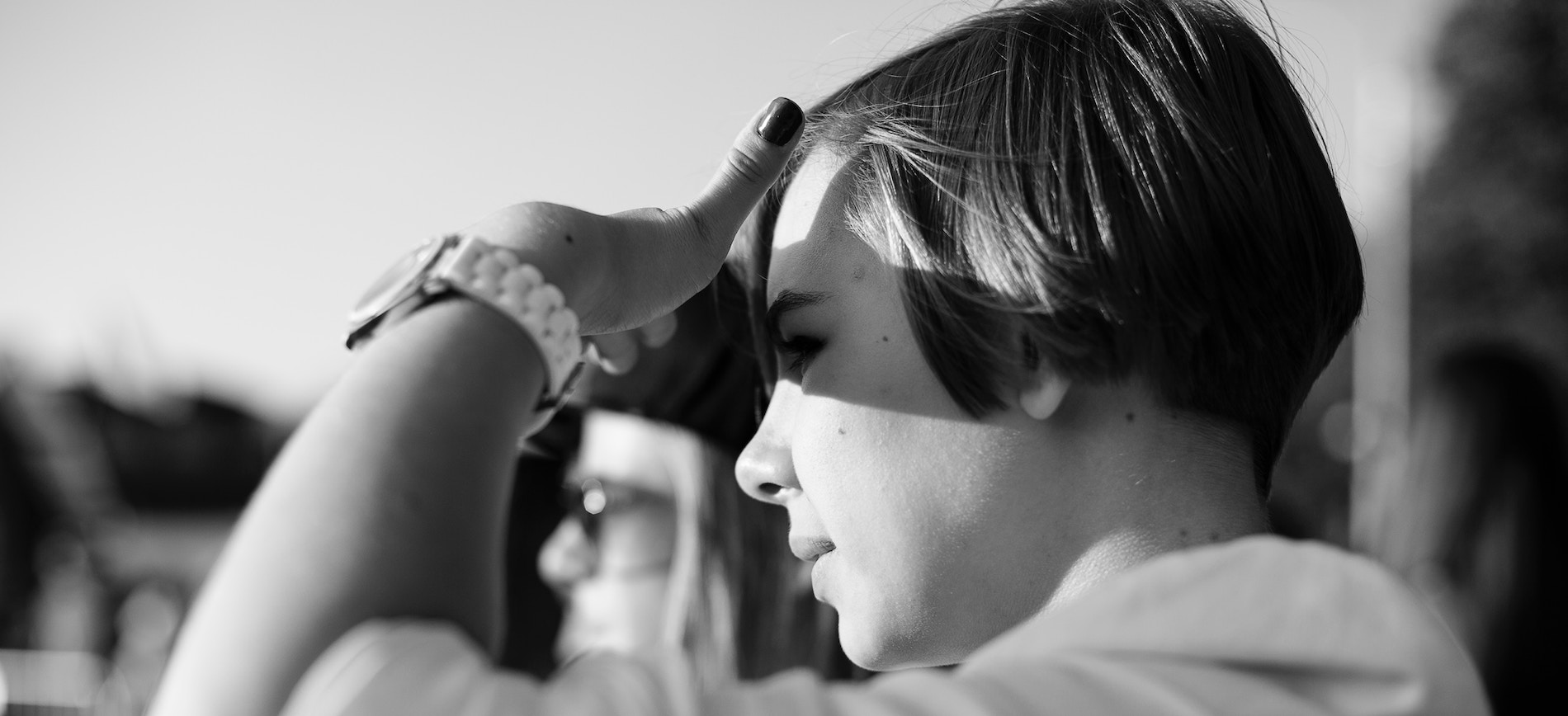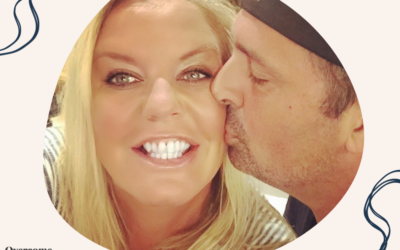Where do you spend most of your time? Do you think about the past or the future? I bet it depends a lot on what you’ve experienced in your past.
A healthy mind can reflect on the past and plan for the future.
We can see our past, but we can not see one moment of our future. It’s also difficult to plan for our future when we dream more about our past.
It’s wise to dream, think, and plan for our future, but all of our planning does not guarantee things will go the way we hope.
Faith tells us our future is in God’s hands, and we can trust Him. So remember to leave room for trust when you’re planning.
Ten years ago, as Jonas’ father was aging, he asked his dad how he wanted to be cared for and what his plan was.
His dad replied so matter-of-factly by saying, “We can plan, but that’s not how it works out anyhow.” My father-in-law was good at living life the way it unfolded. His past experiences dictated this.
As a very young couple, Jonas’ parents experienced a life-threatening event that changed everything. His mother was taken to the hospital because of an infection after surgery. At the time, they had four small children at home, including three-year-old Jonas.
The infection put her in a coma for four weeks. No one believed she would survive, and they began planning her funeral.
But…one day she woke up!
However, the high fever burned out her motor skills, and she was no longer able to do anything on her own. She was like a child again, learning to eat, walk, talk, and dress herself. She depended on others to raise their four children.
The future looked bleak and uncertain for the family. It took her years to become independent, and she never fully recovered.
As a couple, they had every reason not to move forward. With faith in God, they worked through her handicaps to make life as good as possible.
When Jonas’ father stated, “We can plan, but that’s not how it works out,” he was speaking from his experience of uncertainty that life may bring your way.
He lived with the constant memory of how it was before his wife went to the hospital. There were times when he would talk about the way it was, but I never heard him complain. I never sensed anger or resentment.
Their future never worked out the way they planned, but they accepted and adjusted to their loss and had faith that God will take care of them.
They could reflect on their past but also trust God with the unknowns of their future.
Looking back for an extended period wishing and regretting can be emotionally and spiritually crippling. It can rob you of living in the moment and dreaming about tomorrow.
We all experience losses to some degree. It is how we adjust to our loss that indicates whether or not we can move on or stay emotionally tied to past trauma.
Today I live on an emotional, spiritual, and physical level I never thought I would experience.
Faith has been the force that kept me moving forward. I call it “force” because faith is not sitting in my recliner, believing God will do it all for me.
Faith involves movement of the mind and body.
Faith without works is dead.
Faith to believe is the beginning, but faith “to-do” takes action and effort on our part.
The combination of faith and works truly is a force that brings about change. Change can bring a better tomorrow.
There is a verse that talks about “forgetting the things that are behind.” This verse was a stumbling block for me. How can we forget the big events of our lives?
Things like:
- Our childhood and the memories of it
- Christmas when we received a brand new bicycle
- A school teacher that believed in us when we were unsure of our abilities
- The kid that bullied us in school
- Coming home one day and Dad is no longer in the house
- Our parents fighting
- Abuse endured at the hands of an abuser
- Being rejected by your family
- The death of a child or loved one
- The accident that left you paralyzed
If it’s been significant enough, you will remember it – the good and bad.
Dr. Richard Dobbins says, “Your mind is an amazing miracle of God’s creation; it forgets nothing.”
The pleasant memories of our past are enjoyable to reflect on. No one can deny us the beauty of remembering these events. It’s the painful memories we try to forget.
I know the reality of this all too well. Trying to forget my past or merely ignoring it was a daily struggle for many years.
After spending 23 years looking back, I had a moment that changed it all for me, and I was able to move forward.
The memories I had of my past were either filled with pain or didn’t exist. There was a ten year lapse in my memories, and I could not remember any good times as a family.
Sometimes I would look back trying to remember and other times trying desperately to forget. Either way, all I could do was look back.
It was an endless battle and left me fatigued and depressed.
When Jonas’ mother passed away, we were going through her drawers in search of memories. We looked through all the boxes that were neatly marked and found the things she treasured.
My eyes were drawn to a large envelope that said, “Anne’s letters” in her handwriting.
Instantly I remembered something I had forgotten entirely. I used to write mom a letter almost every week. Could these be those letters?
As I peeked inside the envelope, I saw the neatly chronicled letters. Each year was organized with a rubber band around them. There were ten years of letters to mom that I had written!
The past I had forgotten was all chronicled in these letters. As I read through them, I remembered all the things I had enjoyed with the girls and the things we had done as a family.
At that moment, my past became a clear memory. I had spent so much time trying to forget the bad that I suppressed all the good memories as well.
That day I was able to recall the good memories because my mother-in-law carefully stowed them away for me to enjoy one day.
She would have known the importance of recalling the good times as a family. She would have known how trauma changes your life. She would have known how difficult it was to move forward when her handicap reminded her every day of “the way it used to be.”
As you move farther into another new year, be purposeful about reflecting on your past.
Have coffee with a friend or family member and be candid about your past, sharing the good and painful memories. You may not have ten years of letters handed back to you one day, but if you can learn to share your life on an ongoing basis, you process the past as it happens, instead of staying stuck.
Sharing your story can help you be deliberate about moving forward.
Opening your heart and putting a voice to your past will help you. The harder parts can become a distant memory, and you can make peace with your past, enjoy today, and look forward to your future.





